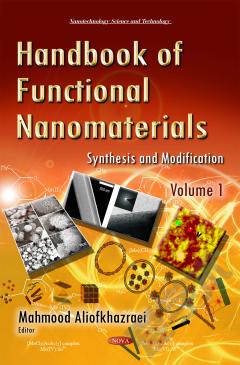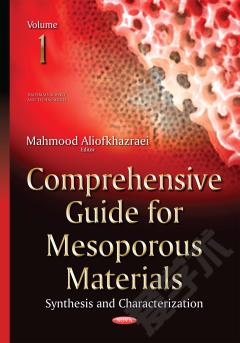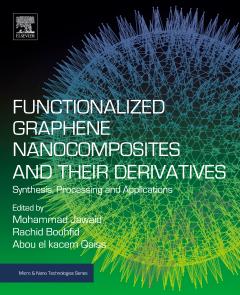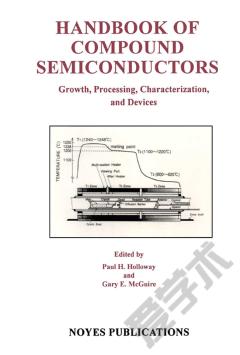Handbook of Graphene, Volume 1 —— Growth, Synthesis, and Functionalization
----- 石墨烯材料手册,第1卷
Handbook of Graphene, Volume 1, essentially focuses on graphene growth, synthesis, and functionalization in order to realize optimized graphene-based nanostructures which can be utilized for various applications. This handbook provides detailed and up-to-date overviews of the synthesis and functionalization of graphene on various substrates (metallic and semiconducting), their properties and possible application methods. In particular, the chapters cover: - Optimization of graphene growth and challenges for synthesis of high-quality graphene and graphite in metallic materials; - Exfoliation of graphene sheets obtained by sonication, ball milling and use of polymers and surfactants; - Structure, electronic properties, functionalization methods, and prospects of epitaxial graphene grown on hexagonal and cubic silicon carbide substrates; - Growth of graphene on Si(111) wafers via direct deposition of solid-state carbon atom and characterization of graphene-on-silicon films; - Chemical reactivity and modification of electronical properties of graphene grown on Ni(111); - Enhancement of the cell wall strength and stability of foam structure utilizing graphene; - Influence of applied strain and magnetic field on the electronic and transport properties of graphene with different kinds of defects; - Application of hydrogen functionalized graphene in spintronic nanodevices; - Electrochemistry and catalytic properties of graphene-based materials; - Functionalization of graphene with molecules and/or nanoparticles for advanced applications such as flexible electronics, biological systems, ink-jet applications and coatings; - Graphene-based composite materials devoted to electrochemical applications such as supercapacitors, lithium ion batteries and electrode material; - Three-dimensional graphene-based structures which preserve the intrinsic properties of 2D graphene and provide advanced functionalities with desired characteristics in a wide range of applications such as sensors, batteries, supercapacitors, fuel cells, etc.; - Carbon allotropes between diamond and graphite, which allow creating semiconductor properties in graphene and related structures. The 18 chapters of this handbook represent deep and very stimulating contributions to the processes of growth, synthesis and functionalization of graphene for several potential applications. This book is intended for students and active researchers in the field of graphene who are currently investigating the fundamental properties of this amazing low-dimensional material and its applications in micro- and nanotechnologies. It is also necessary reading for entrepreneurs and industrialists because it discusses a variety of possible applications of graphene and different ways of improving the quality of synthesized graphene.
{{comment.content}}








 京公网安备 11010802027623号
京公网安备 11010802027623号